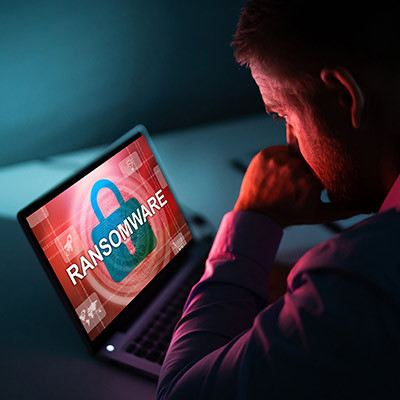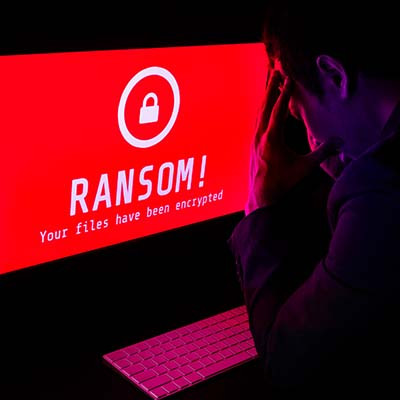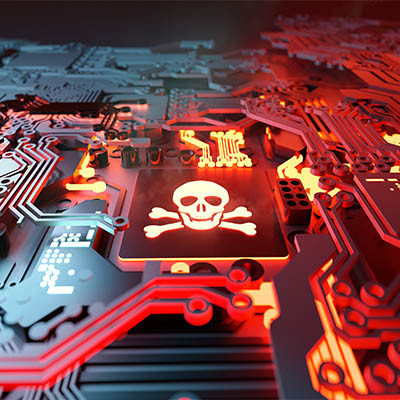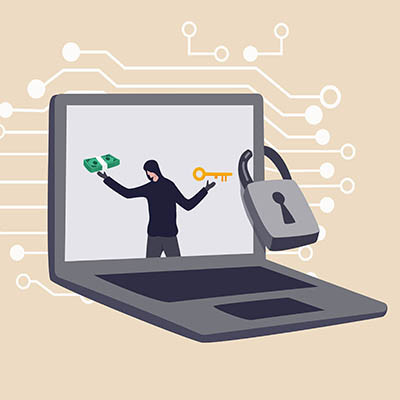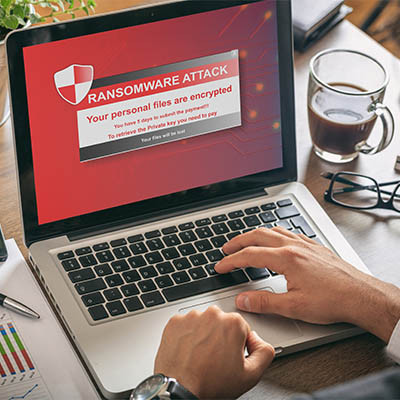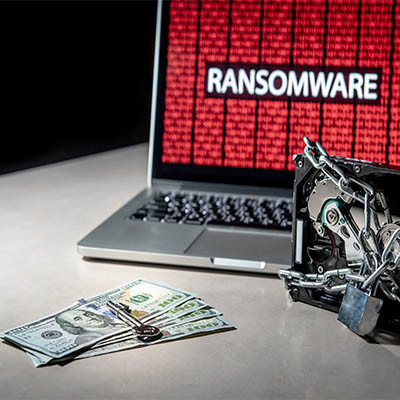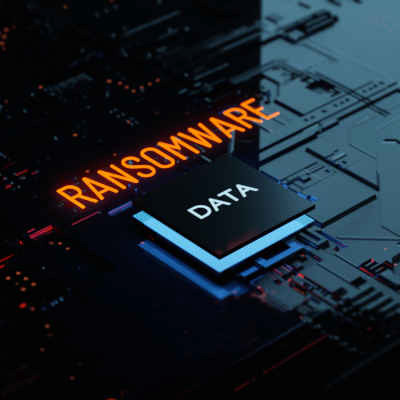WatchPoint Solutions Blog
Ransomware can be disastrous for any business that gets hit by it, but not always in the way that you might expect. It might threaten business continuity and compromise data security, but it can also directly impact the way that the public views your company. In fact, the decision you make about whether or not to pay the ransom can be a major deciding factor in whether a customer will stick with you.
One of the most dangerous threats out there is ransomware, and for good reason. In many cases, the problems from ransomware can have far-reaching and devastating consequences for businesses, no matter which industry they operate in. Let’s take a look at why ransomware is so problematic and what you can do to stop it.
There are many cybersecurity threats out there, but the one that has cemented itself in the minds of business owners in recent years is ransomware. Ransomware encrypts data on the victim’s devices, forcing them to pay a ransom for the decryption key. As you might imagine, this practice is quite lucrative for cybercriminals—some more than others, of course.
The ransomware attack against Kaseya’s VSA servers for approximately 1,500 organizations was yet another major challenge for businesses to overcome, and while most of the affected companies did not give in to the hackers’ demands, others felt forced to pay the ransom. The problem, however, is that some of those who did pay the ransom are now having trouble decrypting their data, and with REvil MIA, they do not have the support needed to decrypt their data.
At this stage, you don’t need us to tell you that ransomware is bad. This threat has gone from being an emerging problem to one that is now sensationalized and commonplace in headlines and news stories around the world. According to a recent study, even organizations that do pay the ransom when they get infected by this threat are playing with fire.
Ransomware is a threat that has seen exponential growth in recent years. We have witnessed it grow from a minor annoyance to a considerable global threat. Even the U.S. Justice Department has issued a declaration that they would begin investigating ransomware in much the same way that they would terrorism cases. Let’s take a look at how this policy could change the way your business should respond to these threats.
The recent hack of Colonial Pipeline has led to no shortage of problems, chief among them gasoline shortages all across the east coast of the United States. The pipeline’s operations may have been restored, but the question still remains: what could have been done to stop it, what can we learn from this incident, and what changes can we expect to see as a result?
Ransomware attacks are notorious for their expense to the victim—largely because of the various costs that come along with successful ransomware infections, including many that might not be expected at first. Let’s review some of these costs, if only to reinforce the importance of avoiding ransomware as a rule.
Around this time each year, there’s a tradition of people telling stories that have been passed down for years. We wanted to participate this year, so we’ve decided to reimagine a true holiday classic: Die Hard.
Let’s consider how the action may have played out differently if the movie’s events were to take place today…

